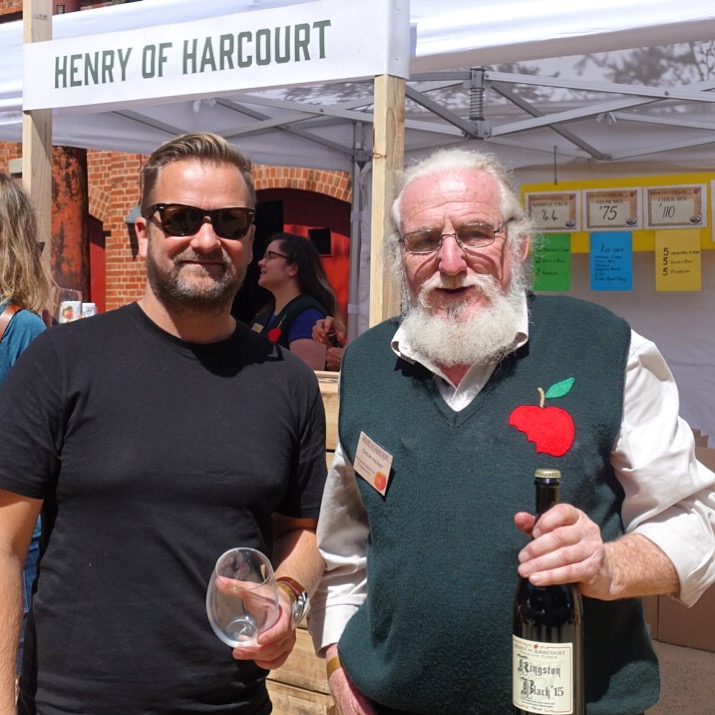
Craft cider 'needs cider apples'
The quality of craft cider in Australia will only improve as producers step up their plantings of traditional cider apple varieties, says cider expert Bill Bradshaw.
Bradshaw, a UK-based cider critic, author and photographer, was guest judge at this year’s Australian Cider Awards, announced in Melbourne on Friday night.
The vast majority of real Australian ciders entered were made using table or culinary apples, which renders the cider maker’s task very difficult, Bradshaw told Australian Brews News.
“If you gave a European cider maker culinary fruit to make cider, they would fall flat on their face. It’s much harder to make an interesting cider from culinary fruit,” he said.
“There’s a lot of technical skill and a lot of creativity that goes into the blends – knowing how to get the fruitiness out of the fruit without it just falling over and being flat and boring.”
For the second year running, Willie Smith’s Organic Cider won top prize at the awards with a cider made exclusively from traditional cider apple varieties.
Other producers including Red Sails, LOBO and Spreyton in Tasmania, Henry of Harcourt and Daylesford in Victoria and Small Acres in NSW, are already working with cider apples.
Based on his recent travels, Bradshaw said many others look to be following suit with cider apple plantings, but he questioned why others are persisting with culinary apples.
“I was surprised that some cider makers are planting new cider orchards but they’re not using cider fruit,” he said.
He said these producers clearly understand the parallels with wine, which needs the right grapes to make wine with tannin structure and complexity, as opposed to the grape varieties found in a supermarket.
“The same link you could apply to cider, with cider apples making good cider,” he said. “Using culinary apples is like stripping back your toolbox.”
Hybrid ciders
Henry of Harcourt founder Drew Henry has been working with cider apples for 20 years.
He said independent cider makers can entice drinkers to the category by making drier style ciders made using a hybrid of culinary and cider apples, rather than trying to compete with the “sweet and fizzy” products made by the majors.
“You can’t compete with CUB, you can’t compete with Asahi, you can’t compete with Pressman’s [Australian Beer Company],” he said.
“Why try to make the same stuff they’re making? They’re going to kill you stone dead.”




